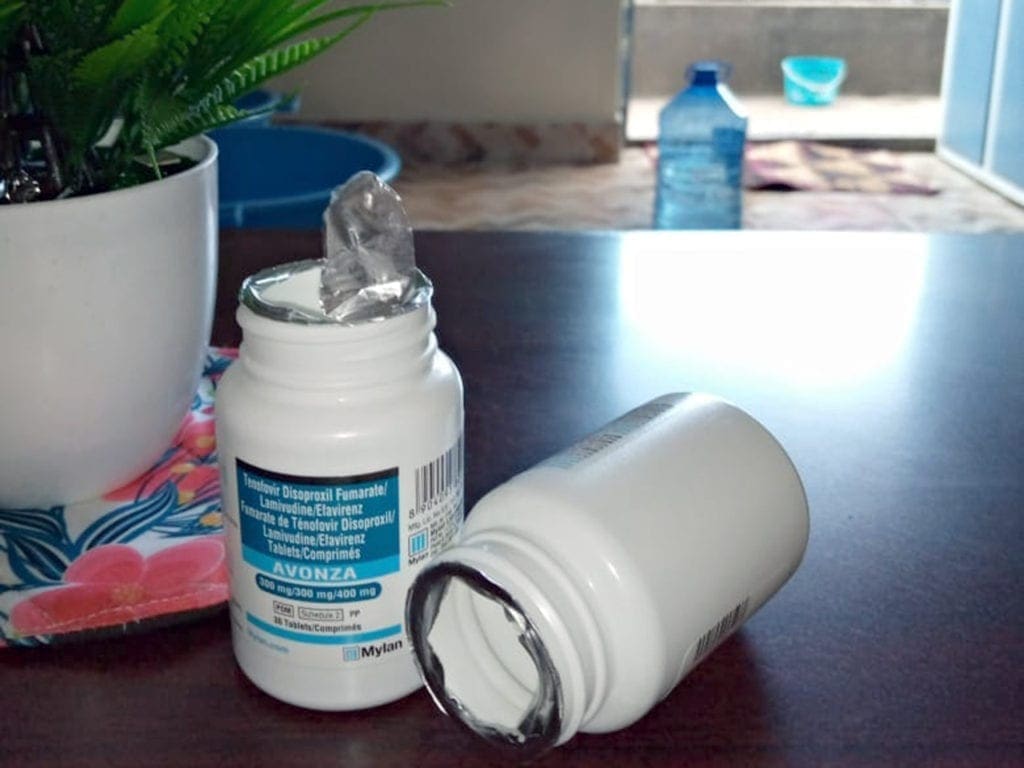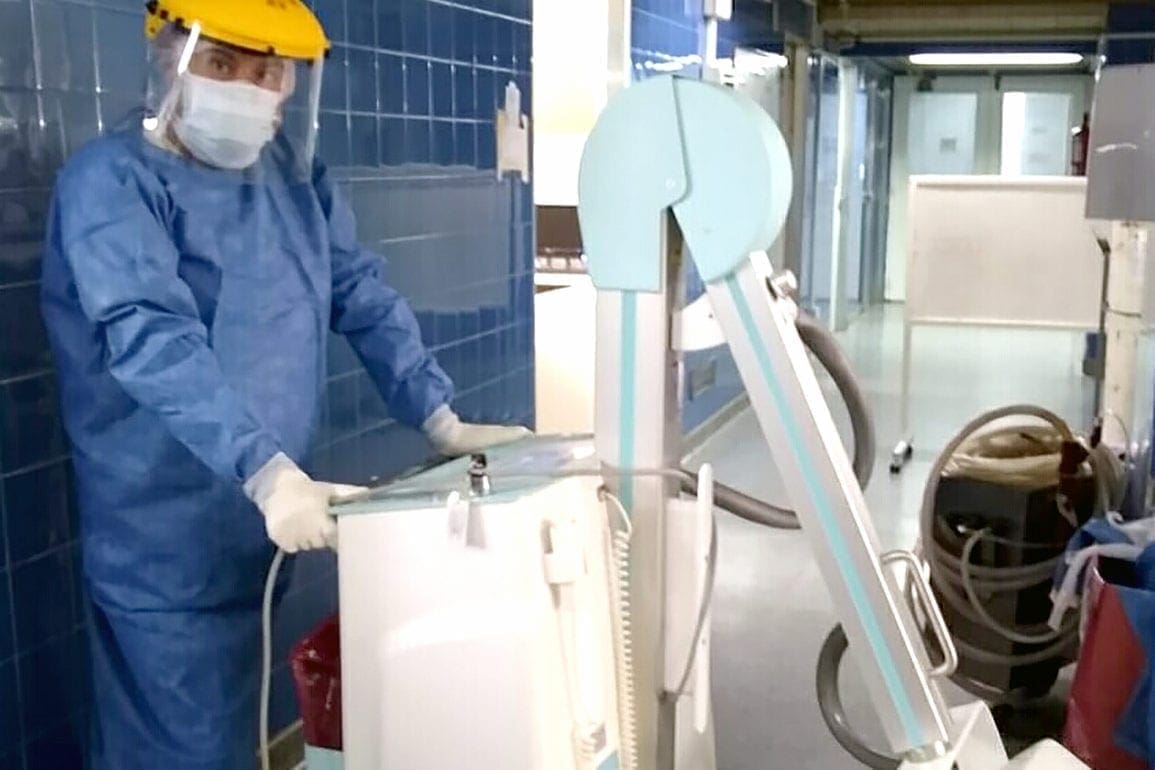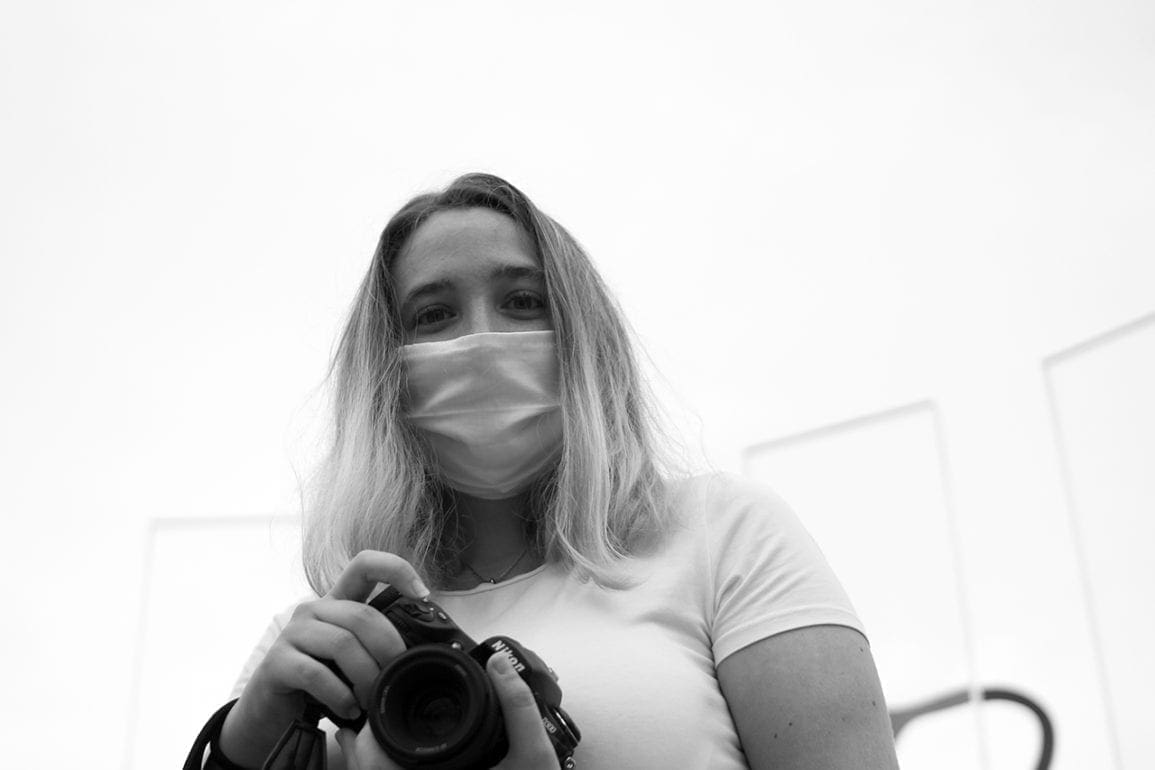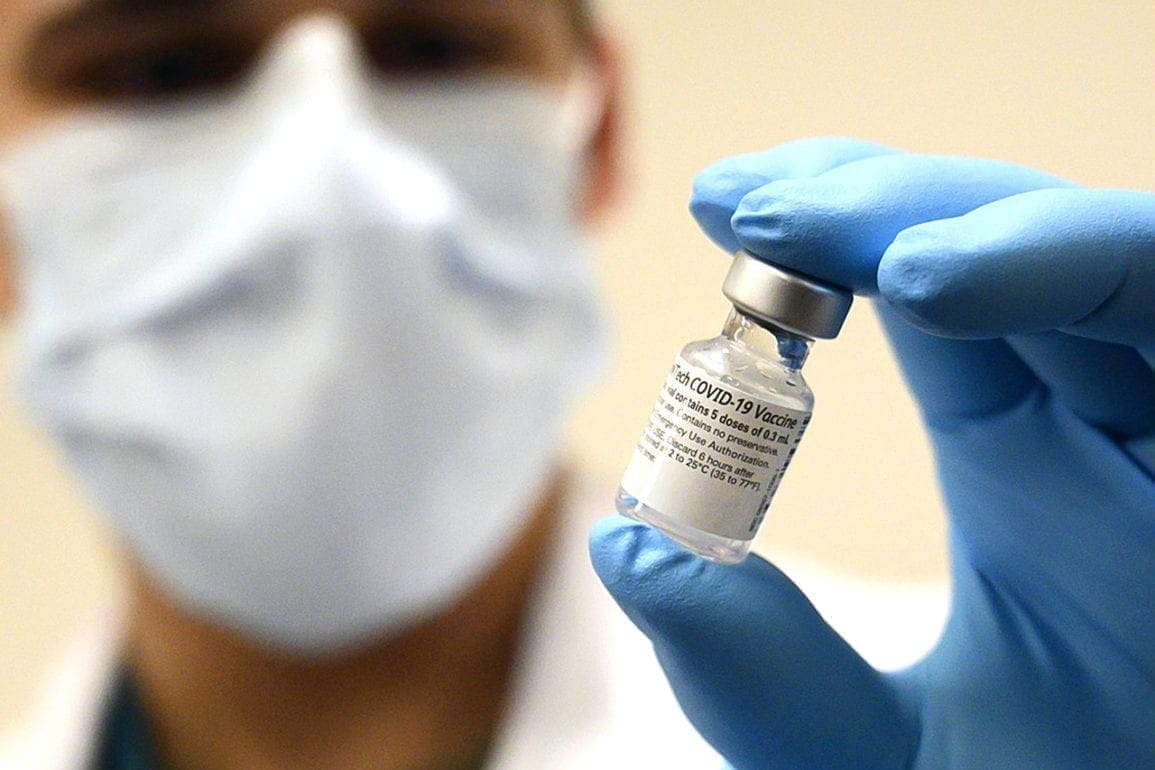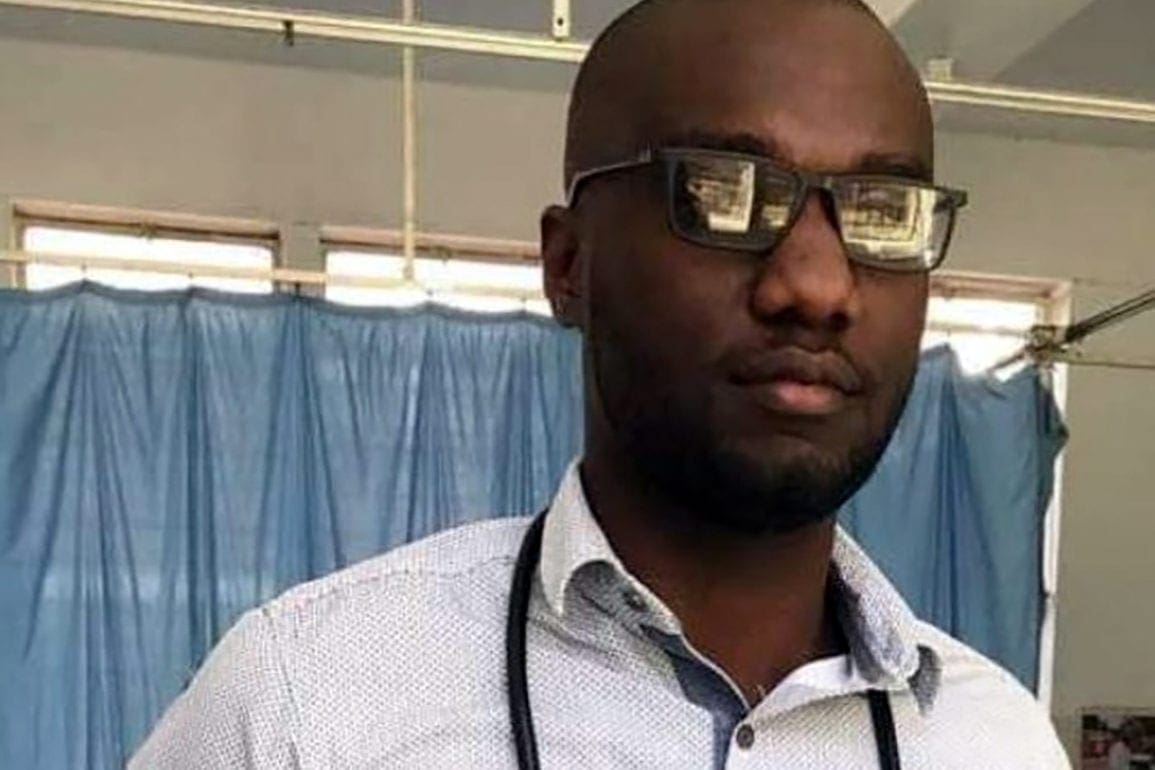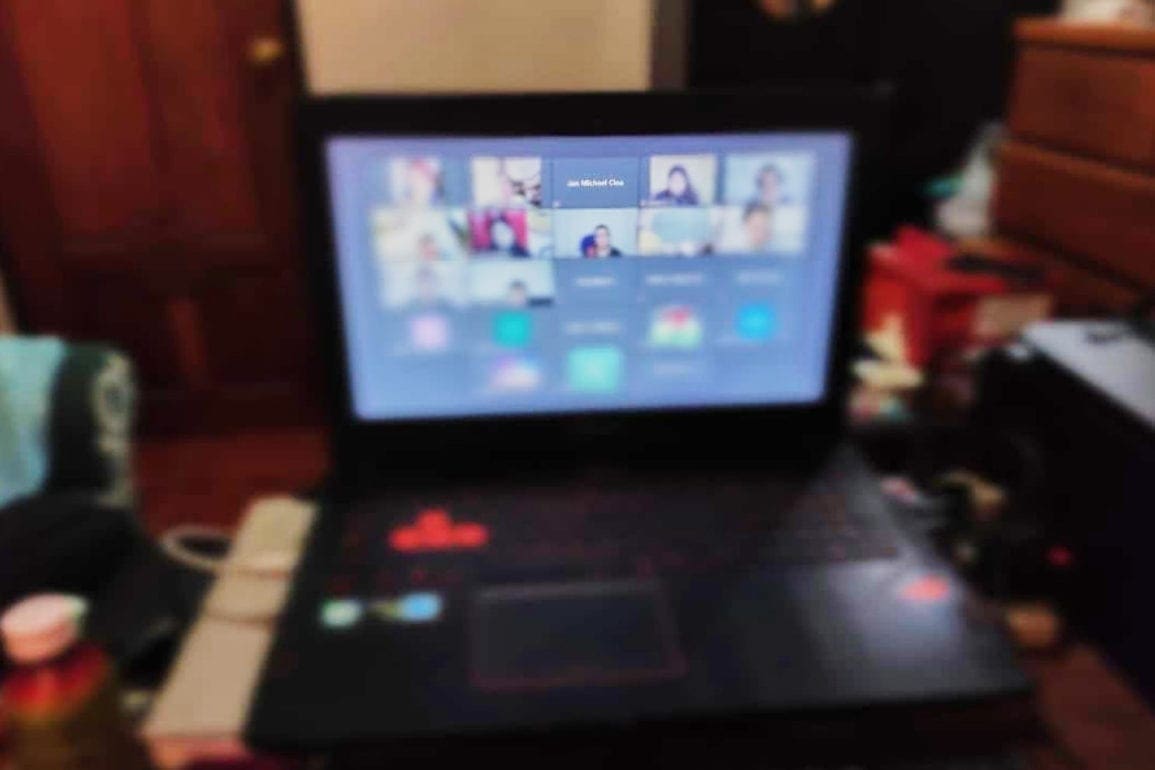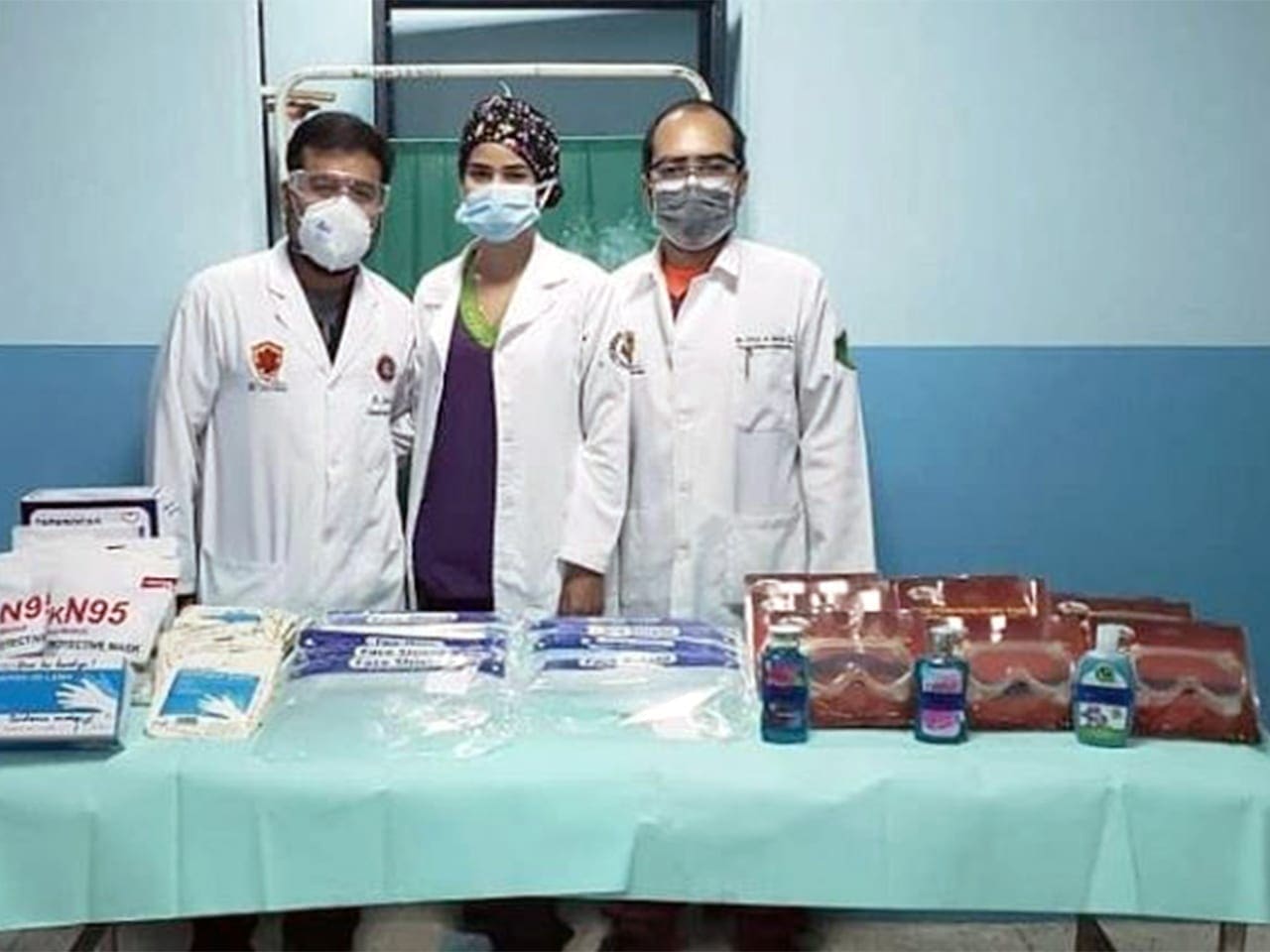HIV medicine shortage threatens thousands in Kenya
Not taking antiretroviral medicines means I have given HIV the chance to multiply the deadly virus in my body and further weaken my immunity.
- 3 years ago
April 29, 2021

NAIROBI, KENYA – I am staring at death. That is the definition of my situation since my life support — antiretroviral drugs — are not available in the country.
This shortage has created a risk so severe that death is the only outcome.
People taking antiretroviral drugs should never skip a day. Therefore, there should be no measure on how long people living with the virus have missed medications.
People living with HIV in the country, including myself, have skipped drugs, and that is dangerous enough. The scarcity has pushed me to start sharing antiretroviral tabs with my son, living with HIV. That is not a safe practice either. We should not be sharing drugs.
Drug-sharing is happening in many households, but nobody will tell you because people living with HIV take a little longer to open up about their private lives.
It has been a challenge for me to manage a good diet amidst a lack of life support pills, especially with the tough economy brought about by the coronavirus pandemic.
I have to be cautious to protect myself against anything that can harm my health right now. Avoiding the virus and other threats is a matter of life and death.
Consequences for skipping pills
One sure thing I know about my current state is that my immunity is weakening day by day. This weakening leaves me vulnerable to any opportunistic illness.
It might become impossible to help me if an opportunistic disease strikes because I will automatically die. I fear for my life right now because I do not even know when the drugs will be available to Kenyans living with HIV.
You can imagine a population of over 1.5 million people is staring at death right now.
The fact that I am not taking antiretroviral medicines means that I have given HIV an opportunity to multiply the deadly virus in my body and further weaken my immunity.
It pains me that it is not my choice to expose my life to such a situation. The government should act promptly to salvage our lives as Kenyans living with HIV.
The delayed supply of ARVs exposed my life and those of more than 1.5 million Kenyans living with the virus to danger.
Everyone on ARVs, irrespective of their viral stage, is in danger right now.
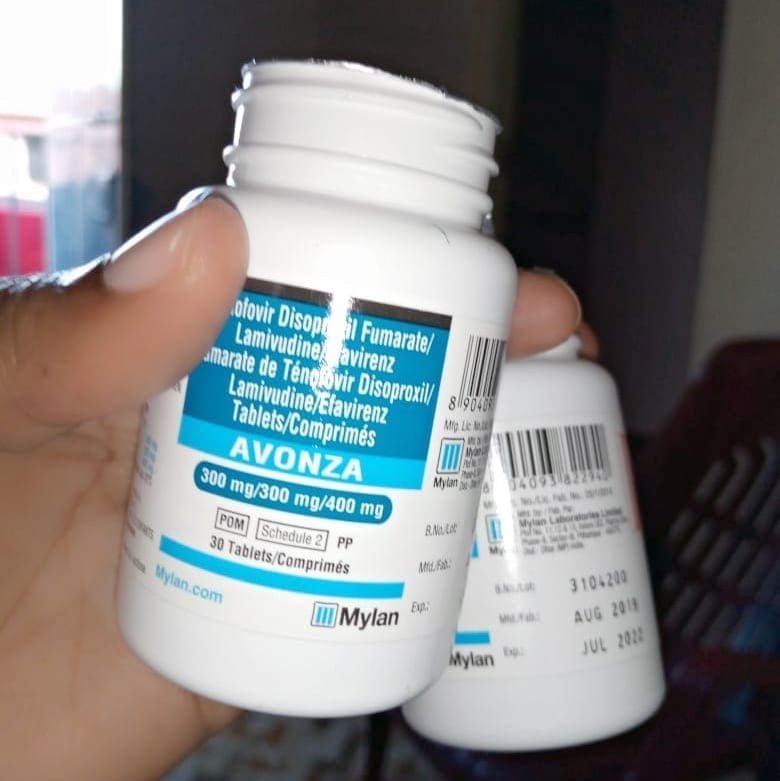
My appeal to the government of Kenya
ARVs are not just common drugs like antifungal drugs and painkillers; they are life support drugs that when a user skips, death is the only thing that awaits.
I ask the government of Kenya to move with speed and resolve the standoff between Kenya and USAID to let drugs reach us.
I may have come out to speak about the agony of living without ARVs when I should be using them daily, but Kenyans live with HIV who fear talking about it.
They are dying in silence.
To our government, whatever the issue between Kenya and USAID is, please sort it out urgently before it is too late for people like me.

